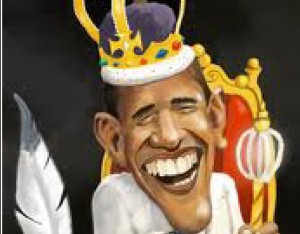For Michael B. Froman is U.S. trade representative charged with expanding global trade. He and his colleagues have clocked more than 1,500 meetings on Capitol Hill to promote the president’s big potential trade deal, the Trans-Pacific Partnership. Its prospects for passage don’t look good.
Some said in the beginning that the deal was too small, with only four Asian countries as members. Now there are twelve. Mr. Froman is convinced that he can complete negotiations on a complex trade agreement.
At stake is a colossal trade agreement that would stretch from Peru and Chile to Japan and Vietnam, accounting for 40 percent of the world’s economic activity. It would not just lower tariffs: The pact would require rigorous regulations on labor and environmental standards, as well as the first rules for state-owned enterprises like those run by the governments of Vietnam and Malaysia.
The T.P.P. has emerged as the linchpin of Mr. Obama’s strategic shift to Asia, giving the United States a way to counter the economic inroads made in the region by a rising China. The deal is supposed to be followed by the Trans-Atlantic Trade and Investment Partnership with Europe, though those talks have much farther to go.
Mr. Froman has expressed unwavering confidence in the outcome, saying the various parties are searching for “landing zones” on issues ranging from Japanese farm subsidies to Vietnamese labor regulations..
Democrats may be a big problem. On the Ways and Means Commitee, members have said they wat to work with the administration on the T.P.P., down to the finest details.
One problem with the Obama administration, made clear in executive orders, is that Mr. Obama is not a talented politician and he prefers ‘orders.’ T.P.P. may have of tough time because of this attitude.
Dean Baker, co-director of the Center for Economic and Policy Research and a consultant to American unions monitoring trade talks, said strong currency provisions would do more to promote middle-class manufacturing jobs than any other provisions, including lowering tariff barriers on American goods.
On the broader concerns of reluctant Democratic senators like Elizabeth Warren of Massachusetts, Mr. Froman pointed to the 18 cases of alleged unfair trade practices the administration has brought before the World Trade Organization, half of them against China, as proof that Mr. Obama can be trusted to watch out for the interests of American workers.
The president has mobilized virtually his entire administration to see the trade agenda through: the Interior Department to work on wildlife trafficking; Health and Human Services to work through pharmaceutical issues, especially intellectual property; the Commerce Department to reach out to businesses; Treasury to handle currency; the Labor Department to address worker rights; the Environmental Protection Agency to deal with land, water and air conservation; and the State Department to take on broader diplomacy. Still you have to ask why the President insists on control. He is no Lyndon Johnson.

